Human will

The most urgent instincts of primitive man were: feeling of hunger, thirst, fear, which forced him to search the ways of obtaining food and water, protection from danger. Desire to satisfy these simplest needs was one of the first motives of formation in man such feature, as will.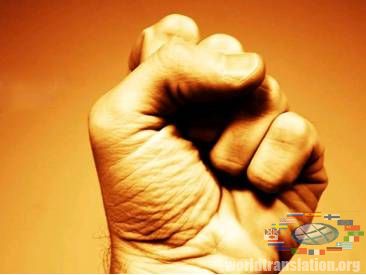 Will - is a conscious mental activity, associated with overcoming the difficulties in making purposeful actions, the ability to regulate your own life activity.
Will - is a conscious mental activity, associated with overcoming the difficulties in making purposeful actions, the ability to regulate your own life activity. 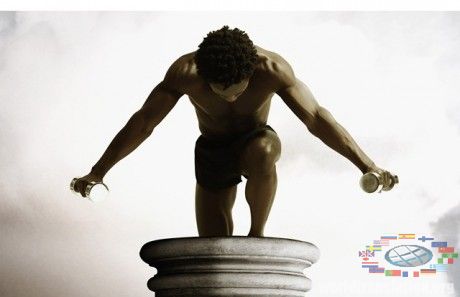 Volitional beginning - some feature, which is isolated from the life of the individual. Will, as well as thought, creativity, communication, connects people with the environment and society in the process of their inter action. The outside world affects the individual, but also a person affects the environment, by realizing their volitional capabilities. In this case, thanks to the will, an individual performs the following functions:
Volitional beginning - some feature, which is isolated from the life of the individual. Will, as well as thought, creativity, communication, connects people with the environment and society in the process of their inter action. The outside world affects the individual, but also a person affects the environment, by realizing their volitional capabilities. In this case, thanks to the will, an individual performs the following functions:
- selects the goals of behavior with a justification of motives for their achievement;
- consciously transfers appropriate encouraging in the actions;
- mobilizes physiological, mental reserves to overcome barriers.
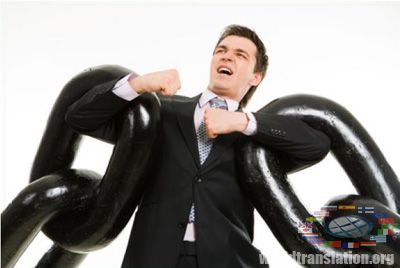 Society and the environment impose restrictions on the arbitrary of actions of the individual, dictate him its limitations, demand to comply social norms. If such obtrusion does not contradict the inner structure of personality, then will of the individual obeys to the mechanisms of self-control. But it also happens that the person resists restrictions, shows willfulness or even impose his will to other people. Associative processes in the brain are the physiological basis of active voluntary actions.
Society and the environment impose restrictions on the arbitrary of actions of the individual, dictate him its limitations, demand to comply social norms. If such obtrusion does not contradict the inner structure of personality, then will of the individual obeys to the mechanisms of self-control. But it also happens that the person resists restrictions, shows willfulness or even impose his will to other people. Associative processes in the brain are the physiological basis of active voluntary actions.  However, the highest - in comparison with the animals - level of voluntary actions of man is due to involvement of the second signal system conditionally reflex connections in them, this connections are caused by speech signals; self-restraint and self-control have a physiological basis in the form of inhibition. Russian physiologist I. M. Sechenov
However, the highest - in comparison with the animals - level of voluntary actions of man is due to involvement of the second signal system conditionally reflex connections in them, this connections are caused by speech signals; self-restraint and self-control have a physiological basis in the form of inhibition. Russian physiologist I. M. Sechenov 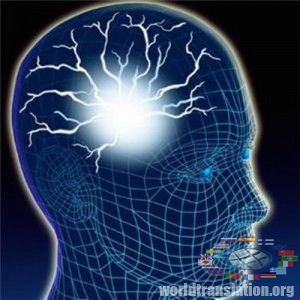 emphasized that the will is able to not only cause, but also to suppress the movement, "inadvertently suppress impulses to movements" and generally resist temptation to various actions, and this truth he proved experimentally.
emphasized that the will is able to not only cause, but also to suppress the movement, "inadvertently suppress impulses to movements" and generally resist temptation to various actions, and this truth he proved experimentally.
The hidden form of the physiological basis of the will is manifested in volitional personality qualities. These may include:
- will power, which determines the nature and intensity of aspirations;
- speed of decision-making - dictates the degree of restraint or riskiness in situations of uncertainty;
- determination - complete confidence in achieving the goal;
- self-control, that is, suppression of such conditions which prevent the solution of problems or way out of situations or the ability to control yourself;
- courage and perseverance, which must be combined with reasonable care and disciplining patience.
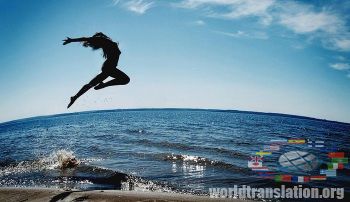 The totality of these qualities creates a portrait of the man, about whom people say " willed person" (or manly, decisive, etc.). Opposite qualities - weakness or stubbornness, confusion or unrestrained - usually cause a negative assessment of the social environment.
The totality of these qualities creates a portrait of the man, about whom people say " willed person" (or manly, decisive, etc.). Opposite qualities - weakness or stubbornness, confusion or unrestrained - usually cause a negative assessment of the social environment.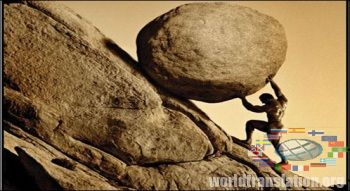 The will can bring up by consolidating (in childhood) and developing (in youth and adulthood) of positive personality traits: initiative, courage, integrity, endurance, self-criticism, etc. Emotionally - volitional regulation is based on the self-suggestion and self encouragement, that helps to produce strong conditionally reflex connections with volitional acts. They are implemented at constant of selforganization and readiness to act, as well as on the basis of figurative and conceptual thinking.
The will can bring up by consolidating (in childhood) and developing (in youth and adulthood) of positive personality traits: initiative, courage, integrity, endurance, self-criticism, etc. Emotionally - volitional regulation is based on the self-suggestion and self encouragement, that helps to produce strong conditionally reflex connections with volitional acts. They are implemented at constant of selforganization and readiness to act, as well as on the basis of figurative and conceptual thinking.